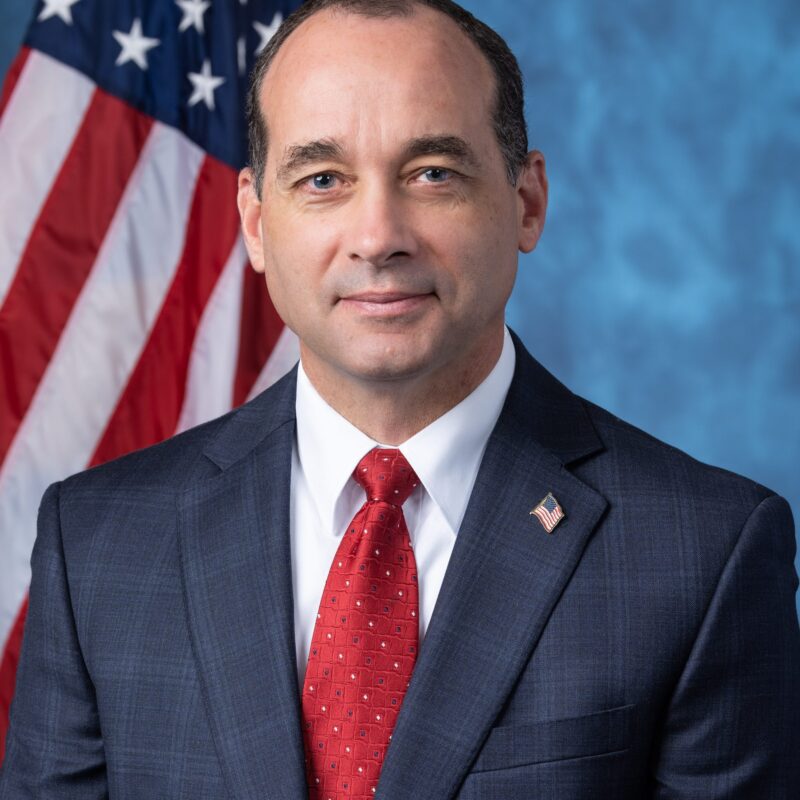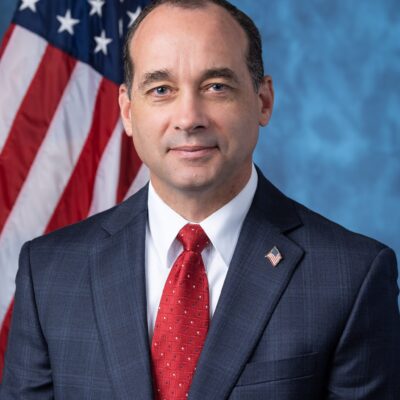
Now that the chaos has subsided in the case of four Albemarle teens charged with conspiring to blow up two local schools, questions remain about a juvenile’s right to privacy versus the public’s right to know. If we take anything from the teen bomb conspiracy case (other than, say, the feeling that you shouldn’t let your teen have a MySpace account), it may be that the proverbial squeaky wheel gets the grease. The three teens whose parents appealed—to the media and in open court—fared the best in terms of sentences.
A 14-year-old defendant appealed his juvenile court conviction to Albemarle Circuit Court. His mother offered all sorts of details about the boy’s life during the time he was supposedly conspiring over the Internet: He was taking classes for his Bar Mitzvah, volunteering at nursing homes and practicing various instruments. The judge ordered that his name be kept private, but anyone who walked into the courtroom could have easily observed the boy and his family. Following the “not guilty” verdict, the boy began attending Albemarle High School, where his classmates would probably have little trouble pinpointing him as a suspect in the case.
The 16-year-old, convicted in juvenile court of conspiracy to commit murder, plea-bargained with prosecutors and had his charges lessened. Judgment has been deferred until after his 18th birthday, and charges may be dropped when he becomes an adult. His name and photo have been printed repeatedly in The Daily Progress, and he has gotten the most media coverage, since his were the first case files to be partially opened by Judge Paul M. Peatross.
The 17-year-old supposed ringleader avoided juvenile detention by plea-bargaining, and will be institutionalized until at least his 18th birthday. He enjoyed slightly more privacy until the courts released his MySpace pages—the very pages that prompted investigators to suspect a murder conspiracy to begin with. The pages are, indeed, pretty harrowing—certainly nothing you’d want your kid posting online. Photos have been published comparing the 17-year-old to Dylan Klebold, the Columbine killer, and bloggers are clamoring for the documents to be posted in full on media websites. (They’re public documents—anyone who really wants them can ask the court clerk.) The boy’s picture and name have been repeatedly printed, and he may have more trouble than most living down the angst of his youth.
The 13-year-old, the only one (to date, at least) to accept his juvenile court conviction remains mysterious—you hardly hear about him in papers. Perhaps that’s the way his parents want it.
The courts and the Commonwealth’s Attorney’s office have been maligned for keeping a “lock-down” on information in this case. But, given that most juvenile cases are kept totally secret, we actually know quite a bit about these four teens. Though their legal tribulations are mostly over, it remains to be seen if they’ll ever clear their names.





